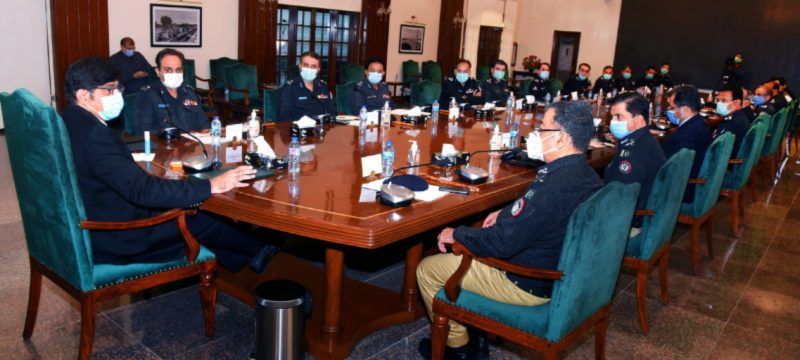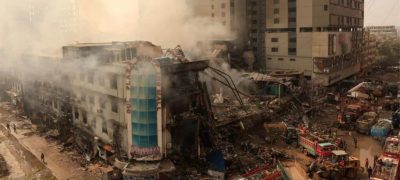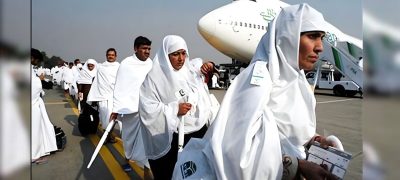The Sindh government has officially recognized the troubling prevalence of child marriages and child labour throughout the province, following a revealing survey conducted by the Sindh School Education and Literacy Department. The findings expose alarming rates of both issues, particularly in rural areas, where poverty and traditional practices contribute to the crisis.
According to the survey, 2.38% of children in Karachi are involved in child labour, while the number is higher in Hyderabad at 4.5%. The situation is even more concerning when it comes to child marriages, with 15.4% of children in Karachi forced into early marriages. In Hyderabad, this figure climbs to 17.4%, and in Umerkot, it reaches a staggering 40.2%. Several other districts, including Dadu (42.9%), Tharparkar (36.4%), and Jacobabad (46.3%), also report shockingly high rates of child marriages.
Also Read: First Female Elected as Chief Minister of Sindh Children’s Parliament
Despite the passage of the Child Marriages Restraint Act in 2014, which sets the legal marriage age at 18, enforcement remains weak. Financial struggles and societal norms, especially in rural areas, often drive families to marry off their daughters at a young age, seeing it as a way to alleviate economic pressure. Women’s rights activist Zubaidah Memon highlighted that poverty, worsened by events like the 2022 monsoon rains, pushes families to adopt this harmful practice.
Child labour also remains a critical issue in Sindh, with Pakistan recording some of the highest rates in South Asia. The consequences are severe, from health risks and interrupted education to psychological damage and potential exploitation. Iqbal Ahmed Detho, Chairperson of the Sindh Human Rights Commission, emphasized the urgent need to protect the province’s 30,000 street children, particularly in Karachi, from these vulnerabilities.
The root causes of these problems, including poverty, lack of education, and entrenched cultural traditions, must be addressed through more robust law enforcement, public awareness campaigns, and economic support for at-risk families. Without these efforts, the future of thousands of children in Sindh remains in jeopardy.









